Born Angelo Giuseppe Roncalli in Sotto il Monte, in the province of Bergamo (Italy), Pope John XXIII (1881–1963) became one of the most beloved pontiffs of the Catholic Church. Ordained a priest in 1904, he served in pastoral and diplomatic roles, including positions in the apostolic nunciature, across Europe before his election as Pope in 1958. He is best known for convening the Second Vatican Council in 1962, which modernized certain practices and promoted a more open approach to reform and greater dialogue of the Church with the contemporary world. Nicknamed “the Good Pope,” John XXIII placed peace, social justice, and compassion at the center of his mission.
With the election of John XXIII as Pope, Sotto il Monte became a destination for pilgrims devoted to the figure of the “Good Pope.” Following his passing in 1963, Carlo Orsi captured through his photographs the intimate and modest atmosphere of the village—from the handwritten sign marking the Pope’s birthplace to the tables laden with medals and holy images, and even the figure of a young girl mesmerized in front of the Pope’s vestments displayed in a showcase at the Museum of the Poverelle.
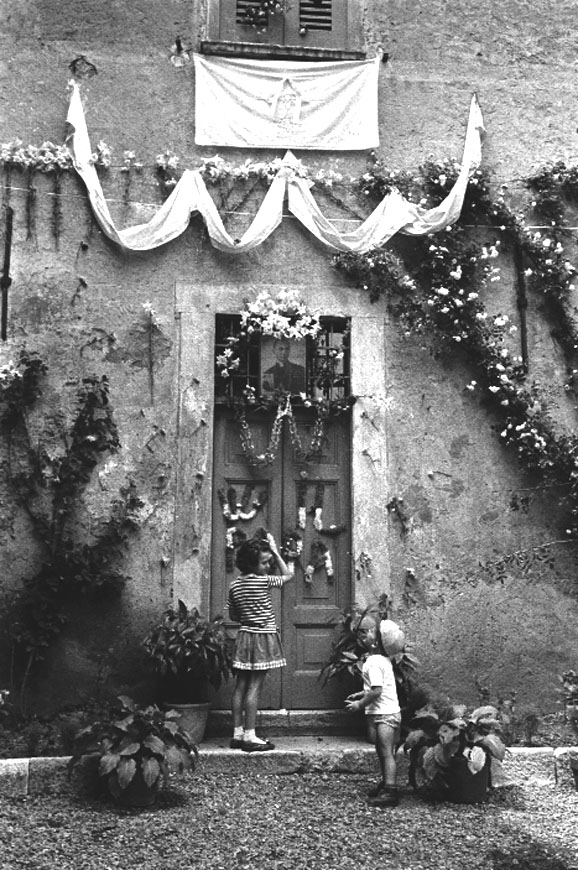
Born Angelo Giuseppe Roncalli in Sotto il Monte, in the province of Bergamo (Italy), Pope John XXIII (1881–1963) became one of the most beloved pontiffs of the Catholic Church. Ordained a priest in 1904, he served in pastoral and diplomatic roles, including positions in the apostolic nunciature, across Europe before his election as Pope in 1958. He is best known for convening the Second Vatican Council in 1962, which modernized certain practices and promoted a more open approach to reform and greater dialogue of the Church with the contemporary world. Nicknamed “the Good Pope,” John XXIII placed peace, social justice, and compassion at the center of his mission.
With the election of John XXIII as Pope, Sotto il Monte became a destination for pilgrims devoted to the figure of the “Good Pope.” Following his passing in 1963, Carlo Orsi captured through his photographs the intimate and modest atmosphere of the village—from the handwritten sign marking the Pope’s birthplace to the tables laden with medals and holy images, and even the figure of a young girl mesmerized in front of the Pope’s vestments displayed in a showcase at the Museum of the Poverelle.
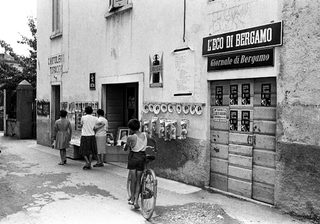
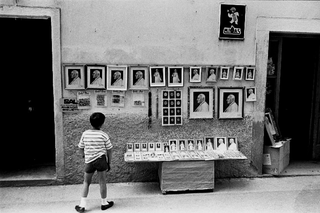
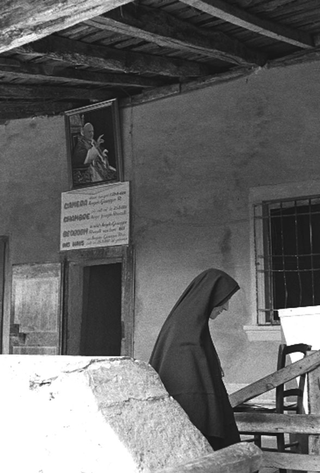
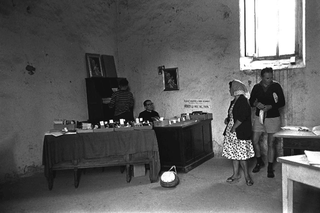
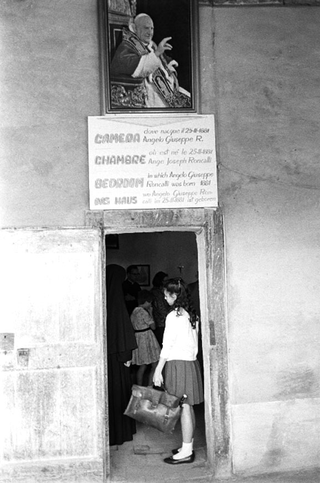
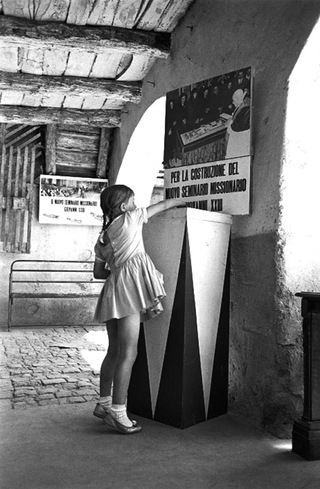
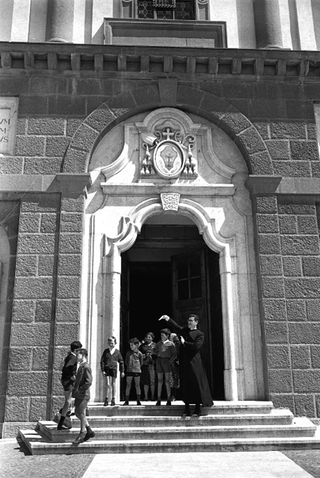
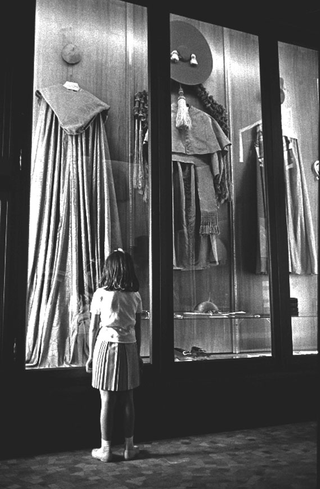
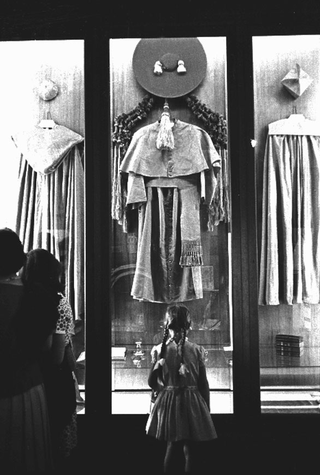
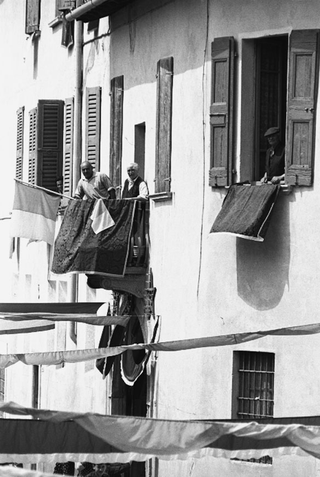
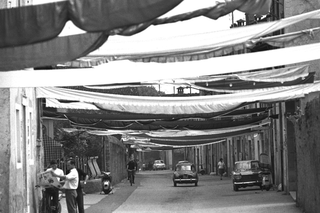
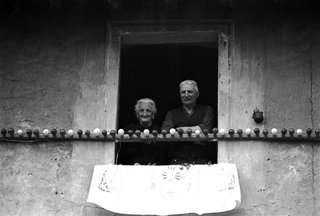
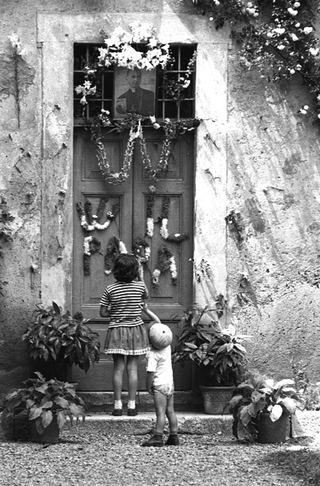
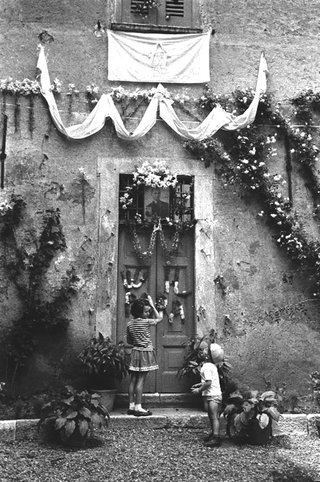
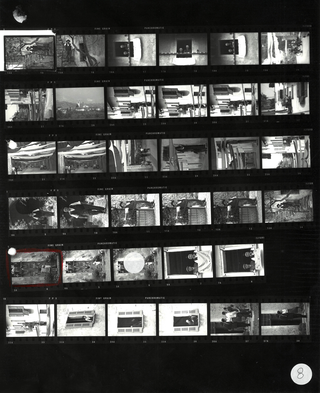
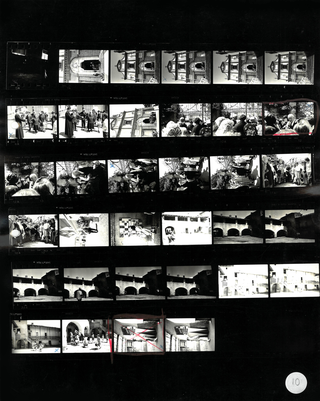
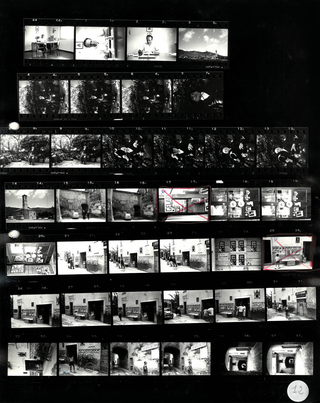
Social
Contatti
archivio@carloorsi.com